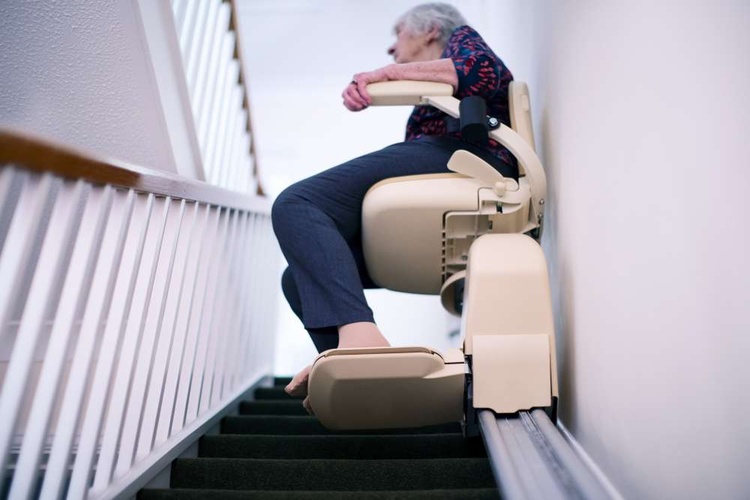Hairdresser Services for Seniors and Elderly Hair Care
Caring for hair as we age often requires adjustments in technique, product choice, and service delivery. Hairdresser services for seniors combine practical styling with considerations for texture changes, scalp sensitivity, and mobility needs. Whether in a salon, at home, or in assisted living, knowledgeable hairdressers can make routine visits more comfortable and help maintain a person’s appearance and self-esteem through gentle, informed care.

What does a hairdresser do for seniors?
A hairdresser working with senior clients adapts standard salon techniques to meet age-related changes. That can include using gentler shampoos, avoiding harsh chemical treatments, and cutting styles that are easier to manage at home. A senior-focused hairdresser pays particular attention to thinning hair, increased brittleness, and scalp conditions; they may recommend shorter styles, layering to add volume, or lightweight products to improve manageability. Services often extend beyond cutting and coloring to scalp treatments, simple styling lessons, and scheduling that accommodates reduced stamina or transportation challenges.
How can a hairdresser support elderly clients?
Support goes beyond the haircut itself and includes communication, patience, and an understanding of health-related limitations. Hairdressers serving elderly people frequently coordinate with caregivers about appointment timing, mobility assistance, or medical restrictions such as medication-related photosensitivity. They may adjust the salon environment—providing extra cushioning, non-slip mats, or quieter times—to reduce discomfort. Emotional support is also important: a calm, respectful stylist who listens to preferences and previous routines helps maintain dignity and preserves personal identity through familiar styles and routines.
What hair care practices suit older hair?
Older hair commonly becomes drier, finer, and more fragile, so hair care routines should emphasize hydration and gentle handling. Use sulfate-free, moisturizing shampoos and conditioners formulated for fine or aging hair, and consider protein treatments sparingly to rebuild structure when appropriate. Limit heat styling and reduce the frequency of chemical processes like bleaching, which can exacerbate breakage. Regular trims help prevent split ends and keep styles looking fresh with minimal daily effort. For those with scalp issues or sudden changes in hair condition, consulting a healthcare provider is recommended to rule out underlying causes.
This article is for informational purposes only and should not be considered medical advice. Please consult a qualified healthcare professional for personalized guidance and treatment.
How do salons adapt services for senior hair care?
Salons that serve seniors often provide accessibility features and modified scheduling. Adaptive measures include step-free access, chairs with arm supports, and adjustable water temperature controls. Appointment times may be longer to allow for slower movement or breaks, and stylists trained in working with elderly clients will often offer at-home or mobile services for those with limited mobility. Some salons keep lightweight wraps and dryers, or use disposable capes when hygiene precautions are needed. Clear pricing and straightforward service menus help clients and caregivers plan visits without unnecessary stress.
How to find local hairdresser services for elderly needs?
Searching for the right hairdresser involves checking local services with experience in senior care, reading reviews, and asking for references from family, caregivers, or community centers. Look for salons that explicitly mention accessibility, senior discounts, or mobile services in your area. Contact potential providers to discuss specific needs—transportation, medical considerations, or preferred products—and ask whether stylists have training or experience with aging hair. Community organizations, assisted living facilities, and healthcare providers can often offer recommendations for reliable hairdressers who understand elderly clients’ unique requirements.
Conclusion
Hairdresser services tailored to seniors and elderly clients blend technical skill with empathy, accessibility, and practical hair care advice. Thoughtful stylists can adjust techniques and environments to address common changes in hair texture and scalp health, while providing comfort and maintaining personal style. Whether choosing a local salon with senior-friendly options or arranging mobile visits, clear communication with the hairdresser and, when appropriate, healthcare professionals, helps ensure safe, comfortable, and effective hair care outcomes.






